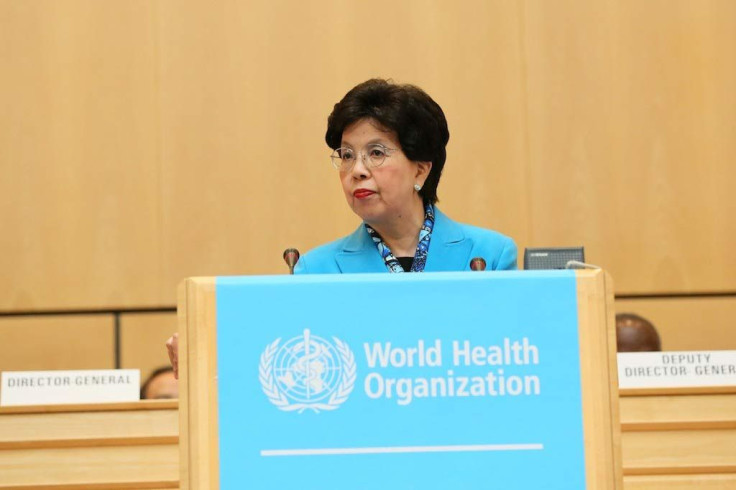Mystery Coronavirus Renamed Middle East Respiratory Syndrome Coronavirus As Two Saudi Healthcare Workers Fall Ill

The novel coronavirus, which has killed and infected patients in the UK, France, Germany, Jordan, the United Arab Emirates, Qatar, Saudi Arabia, and recently Tunisia, has been formally named the Middle East Respiratory Syndrome Coronavirus (MERS-CoV). The naming of the virus was decided by consensus of the Coronavirus Study Group of the International Committee on Taxonomy of Viruses, according to the World Health Organization (WHO). This is a unique case, as viruses are rarely named for the region in which they are discovered in order to minimize discrimination against a particular geographic location.
The virus was first detected in March 2012 and has so far infected 49 people, with 27 dying from their illness. Through swift genetic testing, researchers and health care professionals were able to sequence the genome of the virus and allow global healthcare professionals to test patients for the infection. The virus is in the same family as the SARS virus that swept across the globe in 2002 and killed over 700 people after disappearing.
WHO director-general, Dr. Margaret Chan, stated last week that the MERS-CoV represents a threat to the entire world. As evidence mounts that the virus is capable, although weakly, of transmitting itself between humans, health care officials worry that infections could spark a deadly pandemic. With a mortality rate that hovers around 50 percent, the virus is extremely deadly and poses a serious public health threat.
Chan gave a summation of the current situation: "The novel coronavirus is not a problem that any single affected country can keep to itself or manage all by itself. The novel coronavirus is a threat to the entire world. We understand too little about this virus when viewed against the magnitude of its potential threat. Any new disease that is emerging faster than our understanding is never under control."
"We do not know where the virus hides in nature. We do not know how people are getting infected. Until we answer these question, we are empty-handed when it comes to prevention. These are alarm bells. And we must respond." she concluded.
Saudi Arabia appears to be the epicenter of the infections, with all primary infections being traced back to patients who had traveled within the country. While treating ill patients, two health care workers in Saudi Arabia have themselves become ill with the virus and are being treated in isolation. WHO warns all member nations to be cautious and all health care workers to be alert when patients show respiratory symptoms.



























